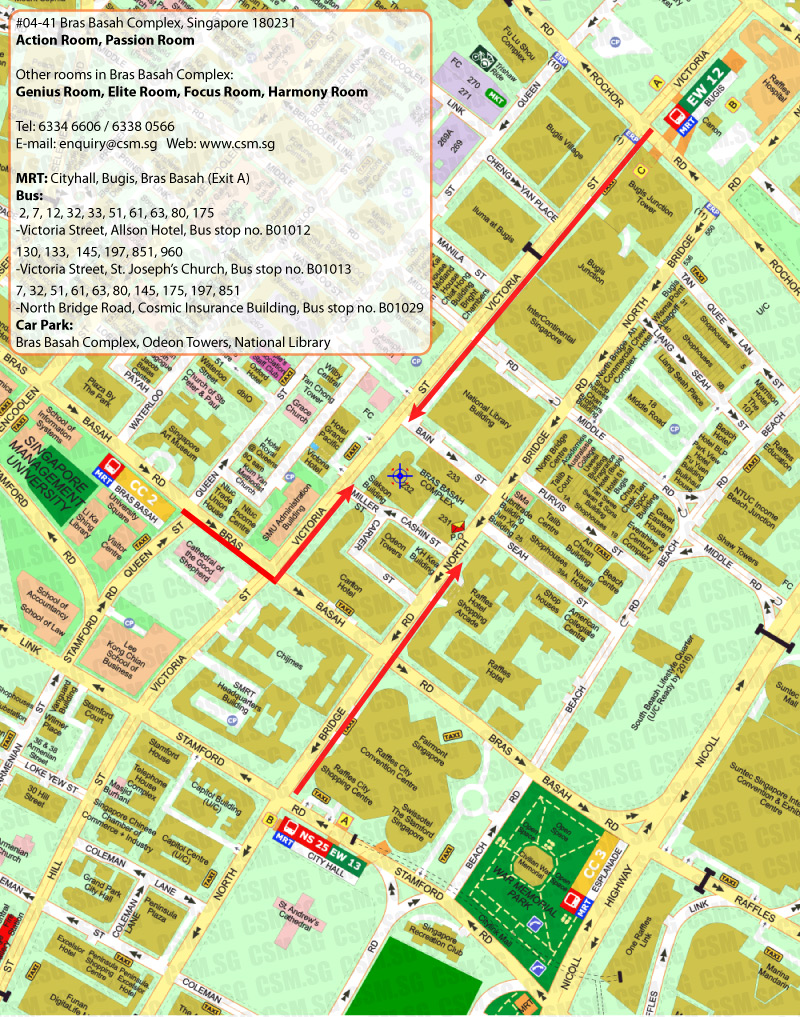- Joined
- Jan 18, 2013
- Messages
- 2,095
- Points
- 48
Added on: Thursday (Today), August 29, 2013
by Singapore Democrats
http://yoursdp.org/news/sdp_to_launch_malay_policy_paper/2013-08-29-5697
In September last year, the Singapore Democrats held a public forum to discuss matters that the Malay community in Singapore is concerned about. At the event, the SDP promised that we would draw up a policy paper and make alternative proposals to address those concerns.
And this is what we will do next Saturday, 7 September 2013, that is, launch A Singapore for All Singaporeans: Addressing the Concerns of the Malay Community.
The paper covers discussions on economic inequality, education system, the Singapore Armed Forces, etc and how present policies in these areas put the Malay community at a disadvantage.
The central theme of the SDP's paper is the building of a Singaporean identity. With the Government's policy of flooding the country with foreigners, there is the danger that the uniquely Singaporean culture and identity, of which Singaporean Malays form an integral part, will be eroded.
Policy-making is more than just enacting laws that regulate behaviour. It must help to develop a people who imbibe a strong sense of nationhood and belonging to their country.
Loyalty and patriotism must go beyond singing the national anthem and reciting the pledge. It must entail that intangible factor which binds a citizen to the sights and sounds of her homeland, and keeps alive the dreams and aspirations of his home. Absent such an emotional bond and we will succeed only in building skyscrapers, not a nation.
The SDP's paper seeks to build just such a society where Singaporeans develop an unbreakable bond with our nation. And we can only do this if we cultivate our national culture and identity by treating our Malay community as an indivisible part of the Singaporean society.
When we develop an inclusive system, we build trust and cohesiveness amongst the various races in our country. With trust comes loyalty. Only then will we be able to hold together if and when a crisis befalls our nation.
Such an objective has taken on added importance in the face of the dilution of who we are as Singaporeans through the mass importation of foreigners.
Read also:
The future of Singapore - do Malays have a part? http://yoursdp.org/news/2012-08-21-5299
SDP holds historic Malay discussion in dignified manner http://yoursdp.org/news/sdp_holds_historic_malay_discussion_in_dignified_manner/2012-09-08-5341
Join us - regardless of whether you're Chinese, Malay, Indian, or any other ethnic group - at our public launch of this landmark paper and help us build A Singapore For All Singaporeans.
"A Singapore for All Singaporeans: Addressing the Concerns of the Malay Community"
Event: Launch of SDP's Malay policy paper
Date: 7 September 2013, Saturday
Time: 2pm - 5pm
Venue: Bras Basah Complex, Action Room, #04-41 Location map
by Singapore Democrats
http://yoursdp.org/news/sdp_to_launch_malay_policy_paper/2013-08-29-5697
In September last year, the Singapore Democrats held a public forum to discuss matters that the Malay community in Singapore is concerned about. At the event, the SDP promised that we would draw up a policy paper and make alternative proposals to address those concerns.
And this is what we will do next Saturday, 7 September 2013, that is, launch A Singapore for All Singaporeans: Addressing the Concerns of the Malay Community.
The paper covers discussions on economic inequality, education system, the Singapore Armed Forces, etc and how present policies in these areas put the Malay community at a disadvantage.
The central theme of the SDP's paper is the building of a Singaporean identity. With the Government's policy of flooding the country with foreigners, there is the danger that the uniquely Singaporean culture and identity, of which Singaporean Malays form an integral part, will be eroded.
Policy-making is more than just enacting laws that regulate behaviour. It must help to develop a people who imbibe a strong sense of nationhood and belonging to their country.
Loyalty and patriotism must go beyond singing the national anthem and reciting the pledge. It must entail that intangible factor which binds a citizen to the sights and sounds of her homeland, and keeps alive the dreams and aspirations of his home. Absent such an emotional bond and we will succeed only in building skyscrapers, not a nation.
The SDP's paper seeks to build just such a society where Singaporeans develop an unbreakable bond with our nation. And we can only do this if we cultivate our national culture and identity by treating our Malay community as an indivisible part of the Singaporean society.
When we develop an inclusive system, we build trust and cohesiveness amongst the various races in our country. With trust comes loyalty. Only then will we be able to hold together if and when a crisis befalls our nation.
Such an objective has taken on added importance in the face of the dilution of who we are as Singaporeans through the mass importation of foreigners.
Read also:
The future of Singapore - do Malays have a part? http://yoursdp.org/news/2012-08-21-5299
SDP holds historic Malay discussion in dignified manner http://yoursdp.org/news/sdp_holds_historic_malay_discussion_in_dignified_manner/2012-09-08-5341
Join us - regardless of whether you're Chinese, Malay, Indian, or any other ethnic group - at our public launch of this landmark paper and help us build A Singapore For All Singaporeans.
"A Singapore for All Singaporeans: Addressing the Concerns of the Malay Community"
Event: Launch of SDP's Malay policy paper
Date: 7 September 2013, Saturday
Time: 2pm - 5pm
Venue: Bras Basah Complex, Action Room, #04-41 Location map
Last edited:












